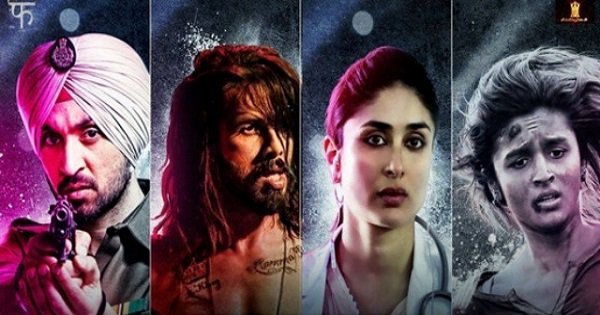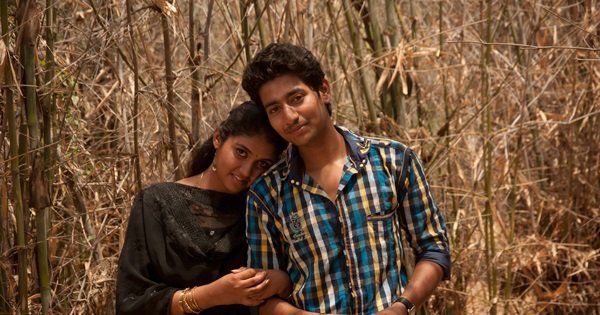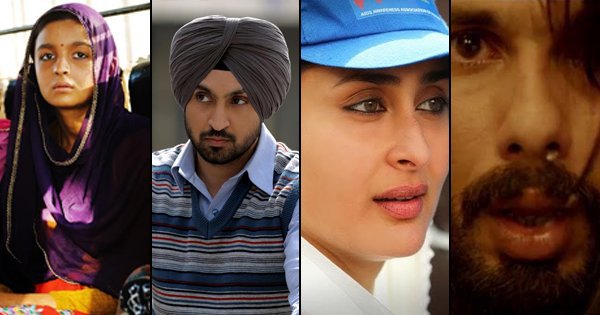So as it stands, we’ll be really lucky if Udta Punjab releases on June 17. The Central Board of Film Certification, led by Pahalaj Nihalani, has so far put its foot down, objecting to things like the depiction of drugs, the use of abusive words, the striking similarities some characters bear with real-life politicians and even the use of the state’s name in the title of the film.
The Censor Board is supposed to judge a film entirely from the “point of view of its overall impact” and after examining it in light of “contemporary standards”. It’s not disputed there has been a problem of availability of drugs in the state, only how much and who’s responsible is a matter of debate.
Udta Punjab may have been a little too cheeky with a character that seems to look like the state’s Chief Minister Parkash Singh Badal. But the censor board has gone well beyond that in an attempt to make it look like the film has been made just to defame people. The demand to drop Punjab from the title is also the most over the top one, where we are made to believe that everyone in the state stands to be insulted if the film comes out.

The problem with censorship of this sort is that it encourages future projects based on any real incident to quietly be put away. It is a warning to filmmakers across the industry that they can choose contentious subjects, but they must be set in fictional lands, with fictional people and with a story that doesn’t seem like anything that ever took place in our world. It tells them that they can’t have a voice about any issue that matters.
And the irony is that it comes at a time when Indian regional cinema is taking on issues that matter to its audiences. A film like blockbuster Sairat showed that you can deal with a social issue like caste-based violence and tell a typical fictional love story.
Acclaimed Tamil film Visaranai tied in multiple story lines dealing with police brutality that bore an inconveniently strong resemblance to real life events that had taken place in the state. Both films incidentally, also made money despite going against the norm of what constitutes a hit film.

Bollywood on the other hand largely sticks to mindless films set in fictional places with fictional characters. It is now bravely also venturing into happy biographies of personalities, but these are largely spotless and without any of the human failings that may have been well documented. So the censor board doesn’t mind an Airlift, a Neerja, an Azhar or even a Sultan because finally it’s a happy tale. It’s a convenient tale to be told.
On the other hand Udta Punjab is not. In a poll year, the film highlights one of the state government’s most public failings and shows an ally of the central government in poor light. So even though it deals with a larger, more socially relevant issue, it is problematic for many.

Also don’t forget that the film is seeking an Adult or ‘A’ certification. Which means it won’t be shown to impressionable kids (unless their parents are dumb enough to take them for it) and will be shown to consenting, presumably well informed, mostly urban adults who already know about the menace of drugs and the dangers of using it.
But thanks to an arbitrary Censor Board, an Udta Punjab is instead an example of why Bollywood might voluntarily choose to produce fluff or variants of it. A cultivated audience and Rs 100 crore collections for fluff films means that they will continue to get made in greater number as long as the censor board functions like this. We have only a Censor Board to thank for misogynistic, vulgar films getting made and released, while a relatively more socially relevant film like Udta Punjab might not even see the light of day.

















